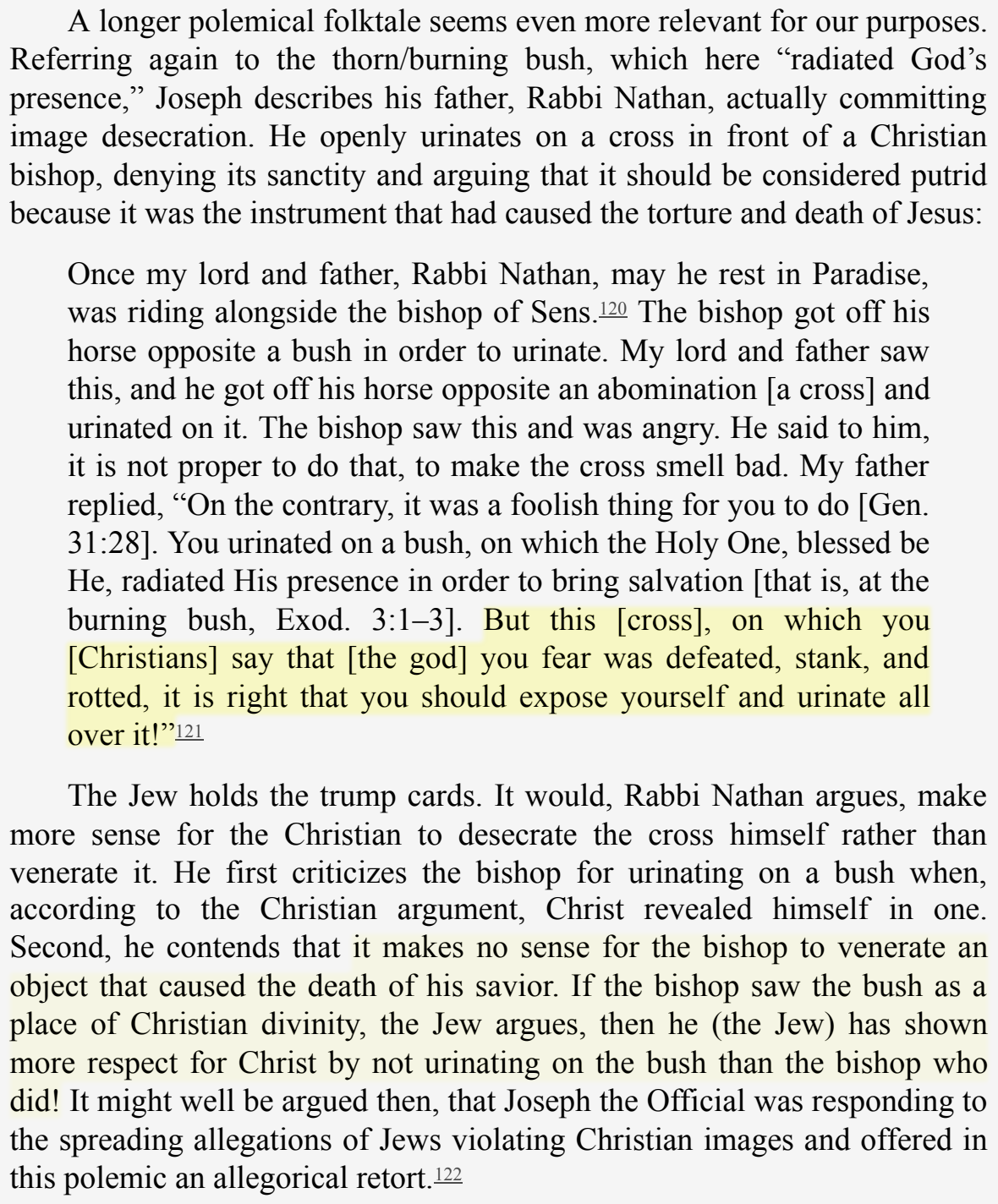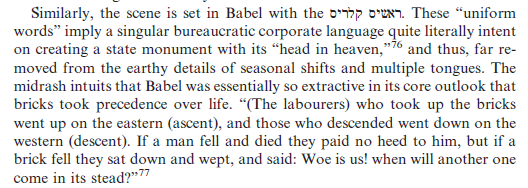judaism
Preliminary Rules
Rule 0: Follow the Chapo.Chat Code of Conduct.
Rule 1: No dehumanizing ANYONE, especially Palestinians.
Rule 2: No Israeli apologia.
Rule 3: Anti-Zionism is allowed. Anti-semitism is not.
Rule 4: Leftist ideologies are secular, not atheist. This is not a place to “dunk” on Judaism, but a place to help liberate it.
Rule 5: BDS is good and based.
"Love labor, hate mastery over others, and avoid a close relationship with the government" (Avot, 1:10)
"Anti-Semitism means spreading enmity towards the Jews. When the accursed tsarist monarchy was living its last days it tried to incite ignorant workers and peasants against the Jews. The tsarist police, in alliance with the landowners and the capitalists, organised pogroms against the Jews. The landowners and capitalists tried to divert the hatred of the workers and peasants who were tortured by want against the Jews. In other countries, too, we often see the capitalists fomenting hatred against the Jews in order to blind the workers, to divert their attention from the real enemy of the working people, capital. Hatred towards the Jews persists only in those countries where slavery to the landowners and capitalists has created abysmal ignorance among the workers and peasants. Only the most ignorant and downtrodden people can believe the lies and slander that are spread about the Jews. This is a survival of ancient feudal times, when the priests burned heretics at the stake, when the peasants lived in slavery, and when the people were crushed and inarticulate. This ancient, feudal ignorance is passing away; the eyes of the people are being opened.
It is not the Jews who are the enemies of the working people. The enemies of the workers are the capitalists of all countries. Among the Jews there are working people, and they form the majority. They are our brothers, who, like us, are oppressed by capital; they are our comrades in the struggle for socialism. Among the Jews there are kulaks, exploiters and capitalists, just as there are among the Russians, and among people of all nations. The capitalists strive to sow and foment hatred between workers of different faiths, different nations and different races. Those who do not work are kept in power by the power and strength of capital. Rich Jews, like rich Russians, and the rich in all countries, are in alliance to oppress, crush, rob and disunite the workers.
Shame on accursed tsarism which tortured and persecuted the Jews. Shame on those who foment hatred towards the Jews, who foment hatred towards other nations.
Long live the fraternal trust and fighting alliance of the workers of all nations in the struggle to overthrow capital." - V. I. Lenin, Anti-Jewish Pogroms
 to jewish comrades
to jewish comrades

